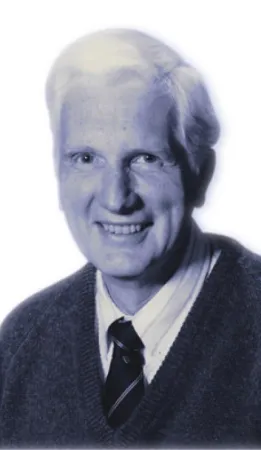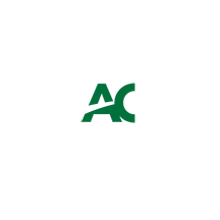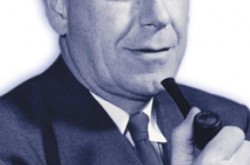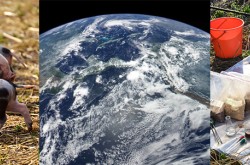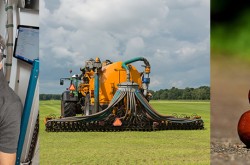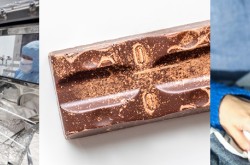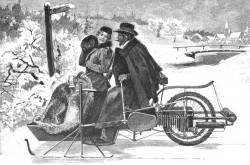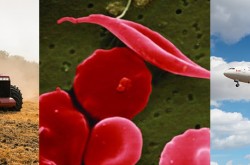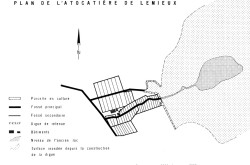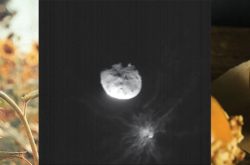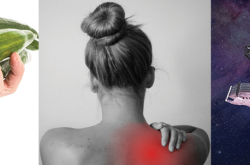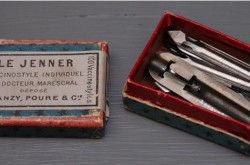Charles Scriver’s simple solution to help Canada’s sick kids
This article was originally written and submitted as part of a Canada 150 Project, the Innovation Storybook, to crowdsource stories of Canadian innovation with partners across Canada. The content has since been migrated to Ingenium’s Channel, a digital hub featuring curated content related to science, technology and innovation.
Molly Gatt
Algonquin College Journalism Program
Bad metabolism is an issue that many struggle with. A lot of children have issues with their metabolism before and after they are born, where they have deficiencies and diseases that interfere with their ability to function normally. Charles Robert Scriver spent his career not only researching inborn errors of metabolism, but also implementing changes to save Canada’s children.
Born in Montreal in 1930, Scriver was the son of two doctors. He received his bachelors in arts at McGill University in 1951 as well as a degree in medicine in 1955. Six years later he was given a position in the university’s pediatrics department; he became a full professor of pediatrics by 1969.
Scriver spent his time researching birth defects that arise from inborn errors of metabolism. He pioneered the study as well as the treatment of inherited metabolic diseases, even discovering 12 diseases that were previously unheard of. He also studied rickets disease, caused by a deficiency in vitamin D, after seeing countless Quebec children suffering from the disorder.
This led him to help raise nutritional standards in Canada, using measures such as putting vitamin D in Canadian milk. Scriver also implemented a neonatal screening program in the province of Quebec – a blood test to determine if a seemingly healthy baby had any diseases that could be treated. Scriver was inducted into the Canadian Science and Engineering Hall of Fame in 2001.
Transcript
In 1961, Dr. Scriver founded the DeBelle Laboratory in Biochemical Genetics at the Montreal Childrens Hospital to study genetic disorders in children. His discovery of hereditary forms of rickets in children followed his lobby for the addition of vitamin D to marketed milk in Quebec to eradicate the nutritional cause of rickets, thus raising societys awareness of the genetic causes of rickets. He also developed and instituted a method of examining the blood of newborn infants to screen them for a number of inherited biochemical conditions, such as PKU and hypothyroidism, allowing early and effective treatment. Beyond his continuous methodological evolution from biochemical genetics to DNA analysis to research in silico (in computers), Dr. Scriver played a lead role in exploring the wider social issues which accompany this research. Over his long career, he taught students and advised colleagues in a uniquely stimulating and supportive way. Among Dr. Scrivers many awards are his appointment as Officer of the Order of Canada in 1985 and Companion in 1996, and numerous honorary degrees.



